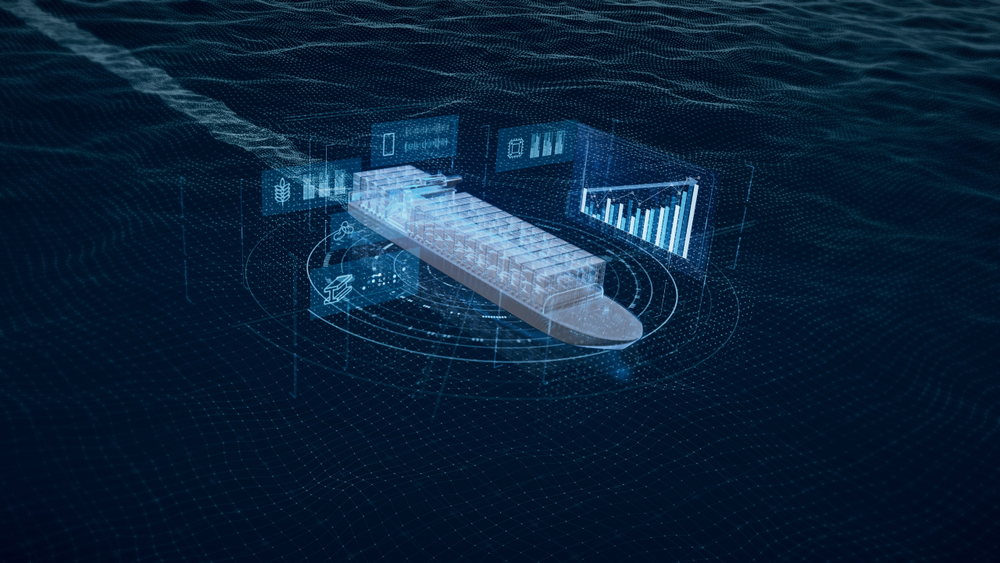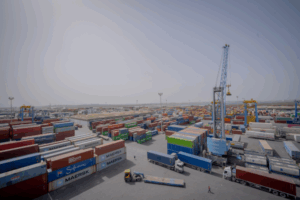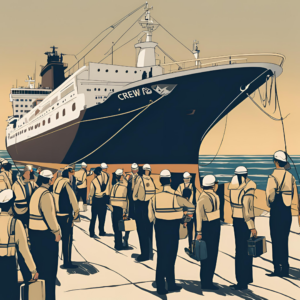It is well known that the maritime industry has been around for a while now and that it is currently the backbone of international commerce by contributing to 80% of the international trade according to the United Nations Conference on Trade and Development (UNCTAD)*. Today, this ancient and old industry is changing its scenery and adopting some revolutionary technologies to improve the efficiency and quality service of the trades.
Furthermore, different parties such as startups and inventors are assisting the industry’s digitization initiatives by developing tech solutions specifically for it. Robotics, AI, machine learning, the internet of things, blockchain, and drones. These approaches are all being used to build a safer, more efficient world and to make export and import commerce safer, more efficient, and more productive.
Robotics
According to the Global Marine Technology Trends 2030 (GMTT 2030) report, three new types of robots will be utilized in commercial shipping by 2030: a learning robot, a practical robot that can handle an asset, and a mini-robot that might be used for inspections in tough settings, such as identifying and recording emissions and pollutants.
Sensors and remote control technologies are anticipated to be used in the development of these robots.
The usage of robots is an issue that has sparked a lot of debate since it will be replacing and reducing human involvement in the maritime industry; however, it could be perceived as a positive approach towards protecting the crew from any danger related to performing complicated tasks.
Big Data Analytics
One concern that arises when more data is acquired from sources such as oceanographic data, marine accident data, and personal information is how that information can be deployed and analyzed to enhance shipping performances and operations.
Big data analytics is an intricate process of analyzing large amounts of data to identify information such as hidden patterns, correlations, market trends, and consumer preferences that may assist businesses in making better decisions. Some Big Data Analytics tools and techniques include A/B testing, data mining, data fusion and integration, machine learning, and natural language processing.
Despite the benefits of more data and greater analysis, there is always the issue of cybersecurity and data protection, which necessitates further approaches to protect Data from hostile cyber-attacks.
The “Connected” Ships
The emergence of the ‘connected’ ship will be fueled by advancements in communications, from Wi-Fi to 5G connectivity. On-board recording devices will provide operators with live audio as well as HD and 3D video, eliminating the need for physical on-board surveys.
The same paper claims that real-time decision-making in ship management and autonomous operation would be possible, which is now a fiercely discussed issue.
According to the paper, improvements in ship-to-shore communications might also boost crew welfare.
All of these advanced technologies will surely be of benefit to the maritime industry and will help improve the operations and boost the crew’s performance and the shipping agencies’ decision-making. At All Seas Shipping, we are constantly working towards adopting new and advanced software and techniques to provide the best services to our partners. We believe that even though the maritime industry goes back ages ago, it needs to adapt to the current digital and technological revolution to maintain its position in international trade.
*Source : https://unctad.org/meeting/launch-review-maritime-transport-2021






